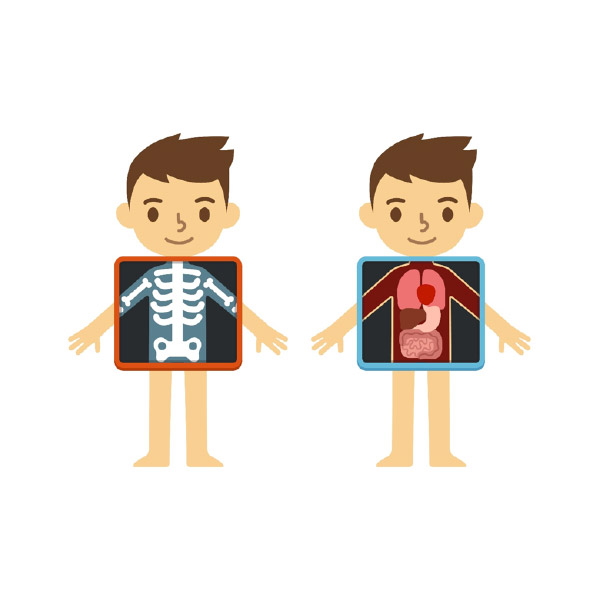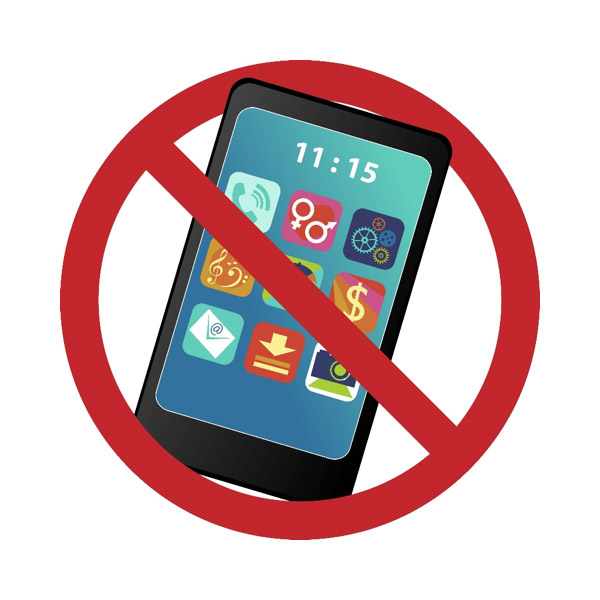
The obesity epidemic in America has received a lot of attention in recent years. Nearly 18% of children and teens in the U.S. are obese, according to the Centers for Disease Control. This figure is three times what it was in 1980, showing that we have a lot of room for improvement.
Health risks of childhood obesity
In addition to an overweight child’s high likelihood of becoming an obese adult, other health risks include:
- High blood pressure
- Respiratory problems
- High cholesterol
- Type 2 diabetes
- Heart disease
Combat childhood obesity with healthy habits
Suddenly cracking down on obesity with strict rules could be detrimental to a happy home, not to mention your child’s health. Remember, a restrictive diet may do more harm than good if it fails to supply the energy and nutrients your child needs to grow and develop normally. For this reason, you should speak with your pediatrician before drastically altering your child’s diet in any way.
The goal is to make healthy living fun, not feel like a chore. Encourage the entire family to adopt the following healthy habits to combat childhood obesity:

Limit media time
The average American child watches almost three hours of TV per day. This doesn’t include watching DVDs and playing video games. The American Academy of Pediatrics recommends limiting children’s total media time to one or two hours per day.

Get active
Most kids aren’t interested in going to the gym. Fortunately, there are plenty of less structured ways for them to get the recommended 60 minutes of physical activity each day, especially with summer coming up. Go for a family walk or bike ride, play volleyball in the yard, sign your kids up for soccer or play at the park. When the weather cools off again in the fall, opt for indoor activities, such as rock climbing, gymnastics, indoor swimming and even fitness video games.

Prepare healthier meals for everyone
Never hand your child an apple while you grab a candy bar for yourself. This “do as I say, not as I do” mentality is never successful. Instead, get the whole family on board with healthier breakfasts, after-school snacks and dinners. Strive to serve fruits and vegetables with every meal, and limit fatty foods and added sugars.

Drink water
Juices and carbonated drinks are mainstays in many American homes, but the added sugar in these drinks is a major cause of childhood obesity. Save calories (and money!) by serving tap water whenever possible. Carbonated flavored water, low-fat milk and tea are healthier replacements if plain water won’t cut it.

Get the kids involved
With summer vacation coming up, now is the perfect time to adopt a healthier meal plan. Then, when summer arrives, you can get your kids involved in the meal-making process. Nutrition education helps them understand what’s in the food they eat and recognize the value of adopting healthier eating habits, both now and into adulthood.
Important considerations
As you try to help your obese teen or child become healthier, remember to focus on good health, not achieving a certain weight. Never put your child down for how much he or she weighs, as this could negatively affect body image. Instead, teach and model healthy habits without the emphasis on body weight.
For more individualized tips to keep your kids and the entire family healthy, be sure to talk to your doctor.
You might also be interested in: How Food Can Affect Your Stress Levels

